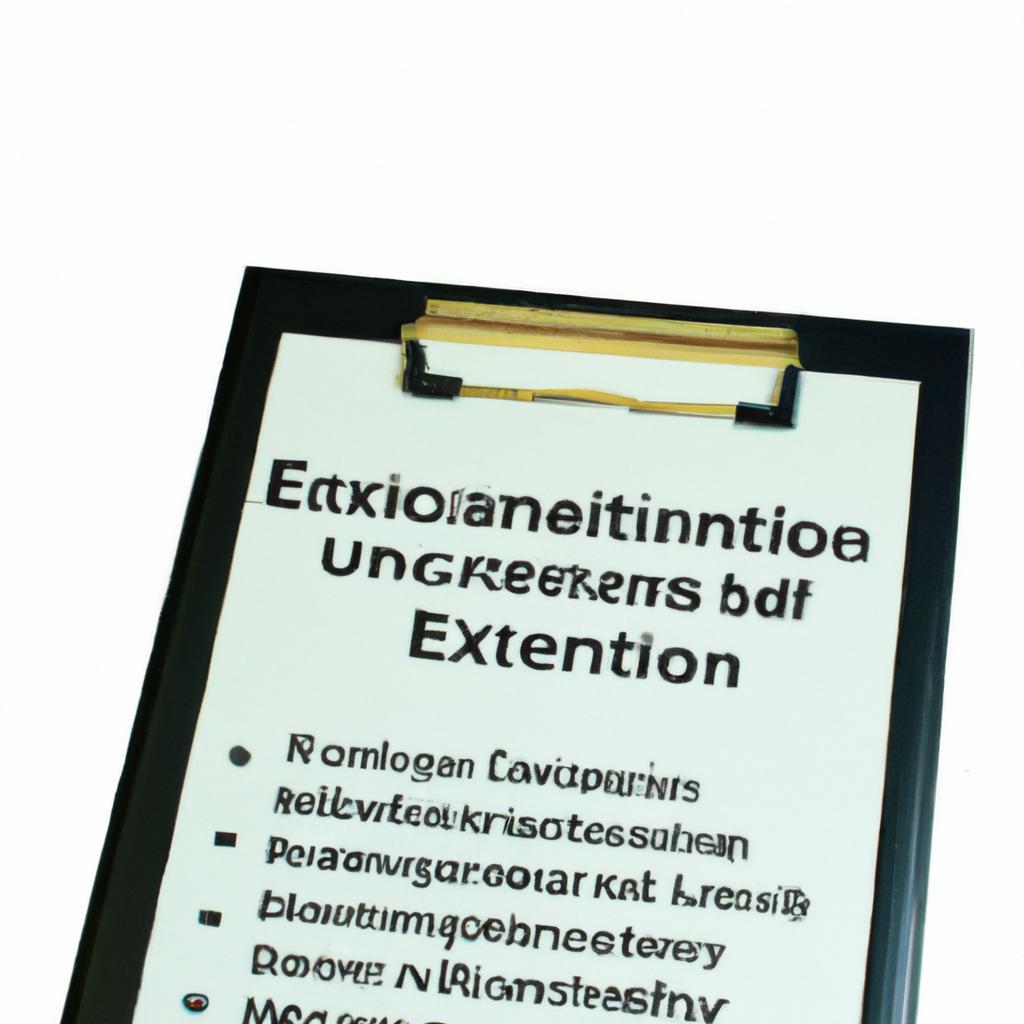As seasoned legal professionals, we are often asked the question: “When are wills read?” This inquiry arises from a common misconception that wills are read immediately after a person’s passing. In reality, the process of reading a will is a private matter that takes place at a specific point in the probate process. Understanding the timing and protocol surrounding the reading of a will is crucial for all parties involved in an estate planning situation. In this article, we will delve into the intricacies of when wills are typically read, shedding light on this important aspect of estate administration.
Understanding the Probate Process
When a will is read after someone passes away, it is actually a common misconception that the reading of the will takes place in a dramatic, movie-like fashion. In reality, will readings don’t really happen quite like you see in the movies. In fact, in most cases, wills are not actually read out loud to the family members or beneficiaries. Instead, the probate process begins with the filing of the will in court, and the appointed executor of the estate takes on the responsibility of ensuring that the deceased person’s wishes are carried out.
During the probate process, the executor will gather all of the deceased person’s assets, pay off any debts owed, and distribute the remaining assets according to the instructions laid out in the will. It is important to note that the probate process can be a complex and time-consuming process, requiring careful attention to detail and adherence to state laws and regulations. At Morgan Legal Group, our team of experienced probate attorneys can guide you through the probate process, ensuring that your loved one’s wishes are carried out accurately and efficiently.

Importance of Reading the Will
When it comes to the , timing is crucial. The reading of a will typically occurs after the individual who created it has passed away. However, this does not mean that the will is immediately read as soon as the individual has passed. There are certain legal steps and processes that must be followed before the will can be read.
<p>One of the key reasons for reading the will is to ensure that the deceased individual's final wishes are carried out according to their instructions. This can involve distributing assets, designating guardians for minor children, and executing any other specific requests outlined in the will. Additionally, reading the will can help prevent any disputes or confusion among family members about the distribution of assets and other matters related to the deceased individual's estate.</p>

Timing of Will Reading
The s is a significant aspect of the estate planning process. Typically, wills are read after the testator’s death, as outlined in the legal document. It is crucial to understand the appropriate timing for the will reading to ensure that the testator’s final wishes are carried out effectively.
At Morgan Legal Group, we recommend that wills be read promptly after the testator’s passing to provide clarity and peace of mind to the beneficiaries. The timing of the will reading can vary depending on various factors, including the complexity of the estate and any potential legal disputes. Our experienced team is here to guide you through the process and ensure that the timing of the will reading aligns with your specific needs and preferences.

Recommendations for Executors and Beneficiaries
As an executor or beneficiary, it is crucial to understand when wills are typically read in the probate process. Contrary to common belief, wills are not usually read aloud like in movies or TV shows. Instead, they are typically reviewed by the executor and legal professionals in a private setting. The reading of the will usually takes place after the testator has passed away and the executor has filed for probate in court.
During this process, it is important for both executors and beneficiaries to communicate effectively and work together to ensure a smooth probate process. Executors should keep beneficiaries informed about the status of the estate and any important developments. Beneficiaries, on the other hand, should be patient and understanding, as the probate process can be lengthy and complex. By maintaining open communication and working together, both parties can navigate the probate process successfully.
Q&A
Q: When are wills typically read?
A: Wills are usually read after the testator passes away.
Q: Who is present when a will is read?
A: The executor of the will, beneficiaries, and sometimes legal representatives are present when a will is read.
Q: Is it always necessary for a will to be read out loud?
A: No, it is not always necessary for a will to be read out loud. In many cases, beneficiaries will receive a copy of the will instead.
Q: Are wills read as soon as someone passes away?
A: Wills are typically read shortly after the testator’s death, but it can vary depending on the circumstances.
Q: Can the contents of a will be kept confidential until it is read?
A: Yes, the contents of a will can be kept confidential until it is read to the beneficiaries.
Q: What happens if a will is not read or discovered after someone passes away?
A: If a will is not read or discovered after someone passes away, their estate may be distributed according to the laws of intestacy.
Closing Remarks
In conclusion, the reading of a will is a moment that holds significant weight and importance in the probate process. While the perception of a dramatic reading in a lawyer’s office surrounded by family members may be a popular trope in media, the reality is typically far more mundane. In most cases, wills are simply filed with the court and used as a guide for the executor to carry out the deceased’s wishes. However, regardless of the circumstances, the reading of a will serves as a final farewell and a chance for loved ones to begin the process of honoring the legacy of the departed.

